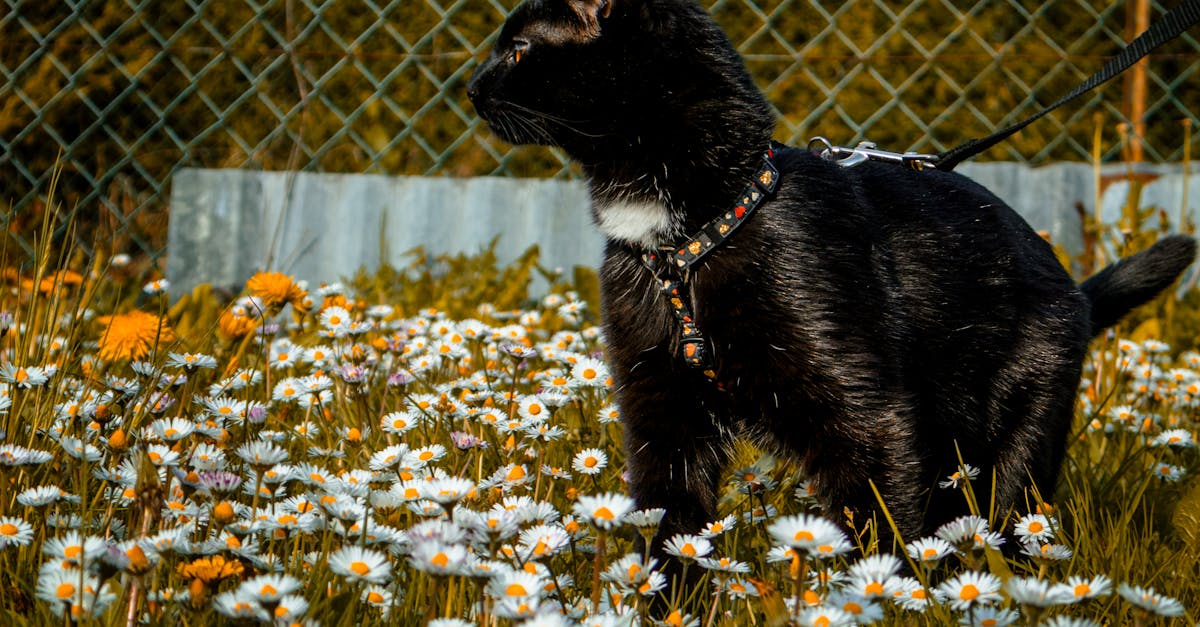Seeing your cat with a nosebleed can be alarming. While it’s not as common in cats as in dogs or humans, nosebleeds, also known as epistaxis, can signal anything from a minor issue to a more serious health problem. Understanding the causes, symptoms, and when to seek help is essential for any cat owner.
🩸 What Causes Nosebleeds in Cats?
Nosebleeds in cats can occur for various reasons. Some are harmless, while others require immediate veterinary attention. Here are the most common causes:
- Trauma – Accidental bumps, falls, or fights can cause nasal injuries.
- Foreign objects – Small items like grass seeds or dust can get lodged in your cat’s nose.
- Respiratory infections – Bacterial, viral, or fungal infections can irritate nasal passages.
- High blood pressure – Often linked to kidney disease or hyperthyroidism in older cats.
- Blood clotting disorders – Conditions like thrombocytopenia can cause spontaneous bleeding.
- Nasal tumors – Abnormal growths in the nasal cavity can lead to chronic nosebleeds.
- Poisoning – Exposure to toxins like rat poison or certain plants can interfere with blood clotting.
Identifying the cause of your cat’s nosebleed is the first step toward providing the right care. If the bleeding persists or you’re unsure of the cause, consult a veterinarian promptly.
🔍 Recognizing Symptoms Alongside Nosebleeds
A nosebleed may not be an isolated issue. It’s essential to watch for accompanying symptoms that could point to an underlying condition:
- Frequent sneezing
- Nasal discharge (clear, yellow, or bloody)
- Swelling around the nose or face
- Pawing at the nose
- Difficulty breathing or noisy breathing
- Bleeding from other areas, like gums or eyes
- Lethargy or loss of appetite
These symptoms can help your vet diagnose the problem. For instance, nasal discharge with blood may indicate an infection, while swelling might suggest trauma or a tumor.
🐾 How Your Cat’s Body Language Can Offer Clues
Cats often communicate discomfort or pain through body language. When dealing with a nosebleed, look for these subtle signs:
- Hiding or avoiding interaction
- Restlessness or pacing
- Rubbing their face against furniture or the floor
- Frequent licking of their nose
- Reluctance to eat or drink
According to the ASPCA, behavioral changes like hiding or avoidance can indicate stress or illness (source). If you notice these signs alongside a nosebleed, it’s time to act.
🛠️ How to Handle a Cat Nosebleed at Home
If your cat has a nosebleed, staying calm and taking immediate action can help minimize the bleeding. Here’s what you can do:
- Keep your cat calm and still – Stress can worsen bleeding.
- Apply a cold compress – Gently press a cool, damp cloth to the bridge of the nose for a few minutes.
- Check for foreign objects – If you see something lodged in their nose, do not try to remove it yourself.
- Prevent further injury – Keep your cat from pawing at their nose by distracting them or using an Elizabethan collar.
It’s important not to tilt your cat’s head back or stuff anything into their nose to stop the bleeding. These actions can cause more harm than good. If the bleeding doesn’t stop within 10 minutes, contact your veterinarian immediately.
🩺 When to See a Vet
While some nosebleeds are minor, others require professional care. Call your vet if you notice any of the following:
- Bleeding lasts longer than 10–15 minutes
- Frequent or recurring nosebleeds
- Signs of trauma, swelling, or severe pain
- Difficulty breathing or lethargy
- Bleeding from multiple areas of the body
Your vet may run diagnostic tests, such as X-rays, blood work, or a nasal endoscopy, to determine the cause of the nosebleed. Early intervention can prevent complications and ensure the best outcome for your cat.
💊 Treatment Options for Cat Nosebleeds
The treatment for a nosebleed depends on its underlying cause. Your vet may recommend:
- Antibiotics or antifungal medications – For respiratory infections
- Antihypertensive drugs – To manage high blood pressure
- Surgery or biopsy – To remove nasal tumors or foreign objects
- Vitamin K supplements – If poisoning is suspected
- Clotting agents – To address blood clotting disorders
In severe cases, hospitalization and supportive care, such as oxygen therapy or IV fluids, may be necessary. Following your vet’s instructions and attending follow-up appointments will be key to your cat’s recovery.
FAQs
Q: Can stress cause a nosebleed in cats?
A: Stress alone is unlikely to cause a nosebleed, but it can exacerbate underlying conditions like high blood pressure or infections that lead to bleeding.
Q: Is a nosebleed in a cat an emergency?
A: It can be. If the bleeding is heavy, lasts more than 10–15 minutes, or occurs frequently, seek veterinary care immediately.
Q: Can I use human medications to stop my cat’s nosebleed?
A: No. Human medications can be toxic to cats and may worsen the problem. Always consult your vet before giving any medication.
Q: What if my cat has a nosebleed after a fight?
A: Trauma from a fight can cause nosebleeds. Clean any visible wounds and monitor for infection, but visit a vet to rule out deeper injuries.
References
Book a $49 online vet consultation at https://www.dialavet.com for fast, expert advice.























